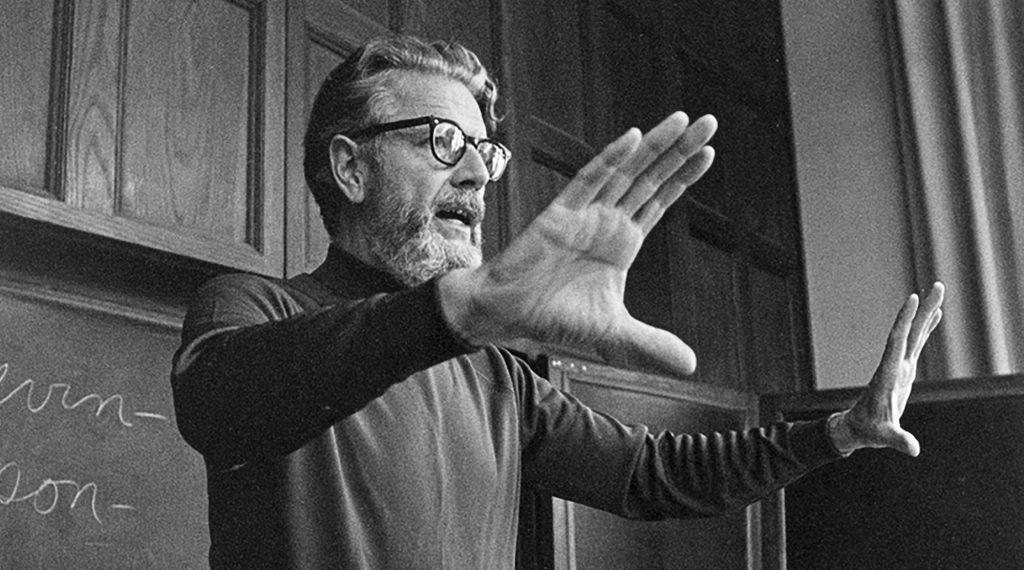"Orality isn't and never has been the opposite of the written."
(Henri Meschonnic)
One way to approach the “meaning” of a text is as a set of rules for its performance. One way to interpret a text, then, is to imagine how it should be read out loud. This is what rhetoricians sometimes call the “immanent orality” of a text, the natural (or correct) intonation to give to a piece of writing, the tone of voice that expresses the writer’s intention. A given text may of course have a range of correct readings, and an even broader range of, let’s say, “possible” readings, i.e., readings that are reasonable given the words on the page but not what the writer actually had in mind. A good writer, however, gives the text a distinct, discernible “voice”. We might say that good writing clearly indicates the way it should be read out loud.
Let’s again take stock of your situation. You have just spent 22 minutes writing a paragraph. You have determined its posture and its content, and you have made it as efficient as you can. It’s time to consider its prosody — its melody and its rhythm. It’s time to find your voice. This is the sixth discipline.
There’s actually nothing to it. With five minutes left in your writing moment, you simply read the paragraph you have written, clearly and articulately, one word after another, out loud, just as you have written them. Say them like you mean them, of course. Or, rather, say them as you meant them, as you intended them to be spoken when you wrote them. If you’re describing something, even something abstract like a network or a graph, imagine it as you are speaking.
Reading your own text out loud is perhaps the best way to experience the quality of your writing. You’ll immediately hear (and even feel) whether your writing works. Good writing is easy to read out loud even when it is difficult to understand. When you read it out loud, you realize that your paragraph isn’t just an arrangement of meanings, it’s an arrangement of sounds too. It teaches us, as Mallarmé explained to Degas, that our writing isn’t made of ideas; it’s made of words. Big words and little words, arranged in short or long sentences, to come trippingly on the tongue, as Hamlet explained to the actor, not to be tripped over as you go. Reading yourself out loud reveals how well you’ve accomplished this.
If you do stumble, don’t worry about it, just pick yourself up and keep going. You’ve got a bit of work to do, it seems, but now is not the time for it. All you are doing at this point is experiencing your writing, its orality. Enjoy it. Or cringe at it. Either way, you’re learning something about your style. You are learning to empathize with your reader.
Indeed, I owe my epigraph to a difficult but illuminating essay by the Canadian poet Lisa Robertson. In “The Prosody of the Citizen,” she argues that poetry is the beginning of our political lives because it establishes our conviviality, our being among others, in language. “‘Prosody,’ in this thinking, is the dynamic and specifically historical relation of subjects to language. […] For Meschonnic, poetry is the critique of the duality of the sign, and rhythm is the poem’s — and thus the subject’s — agency. It is only within such a continuously enacted critique that the subject can emerge as irrevocably ethical.” Wayne Booth called his book about the ethics of fiction The Company We Keep. By reading your paragraphs out loud, I want to suggest, by subjecting yourself to your own prosody, you are engaging in important ethical work. You’re learning how to be better company.
